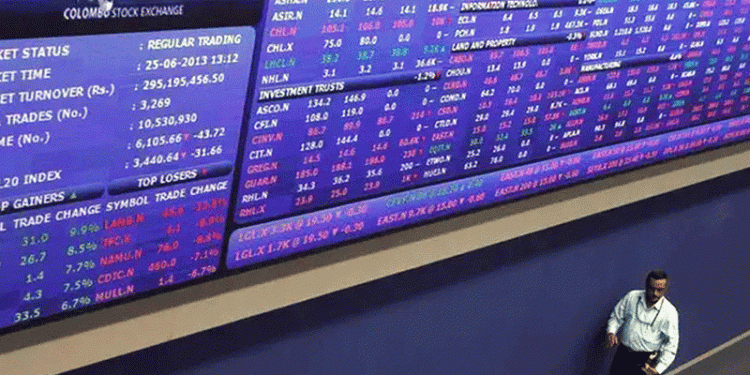Oil prices rose more than 2% on Monday on a decision by OPEC+ to delay by a month plans to increase output, while the market braced for a crucial week that includes the U.S. presidential election.
U.S. Democratic candidate Kamala Harris and Republican Donald Trump remain virtually tied in opinion polls ahead of Tuesday’s Election Day, and the winner might not be known for days after voting ends.
Brent futures were up $1.73 per barrel, or 2.4%, to $74.83 a barrel at 1324 GMT. U.S. West Texas Intermediate (WTI) crude was up $1.79 a barrel, or 2.6%, to $71.28.
Oil prices up slightly
On Sunday, OPEC+, which includes the Organization of the Petroleum Exporting Countries plus Russia and other allies, said it would extend its output cut of 2.2 million barrels per day (bpd) for another month in December, with an increase already delayed from October because of falling prices and weak demand.
OPEC+ had been due to increase output by 180,000 bpd from December.
“Considering ongoing economic growth concerns, we believe the group wants more clarity on the economic impact of the interest rate cuts in the US and the fiscal and monetary policy easing in China,” said UBS analyst Giovanni Staunovo.
“The group should also have clarity on the next U.S. president and the impact of compensation cuts from countries that produced above their ceiling in the past.”
Speaking at an industry event in Abu Dhabi, the CEO of Italian energy company Eni said that OPEC+ oil supply cuts and recent efforts to unwind them had increased volatility in energy markets and hampered investment in new production.
Oil price volatility will be high this week, analysts said, with market participants awaiting Iran’s response to recent Israeli attacks and the U.S. election outcome.
On Thursday, U.S. news website Axios said Israeli intelligence suggested that Iran was preparing to attack Israel from Iraq within days, citing two unidentified Israeli sources.
“Senior advisors to Trump have expressed strong support for striking Iranian nuclear facilities and bringing back maximum pressure sanctions,” said Helima Croft, head of global commodity strategy at RBC Capital Markets.
A Harris administration, on the other hand, would probably not look to ratchet up sanctions pressure and would focus on bringing the war to an end as quickly as possible, Croft added.
Investor focus this week will be on the U.S. Federal Reserve as economists expect interest rates to be cut by 25 basis points on Thursday, and on China, where the Standing Committee of the National People’s Congress meets from Monday to Friday and is expected to approve additional stimulus to boost the slowing economy.

Source: Brecorder




























